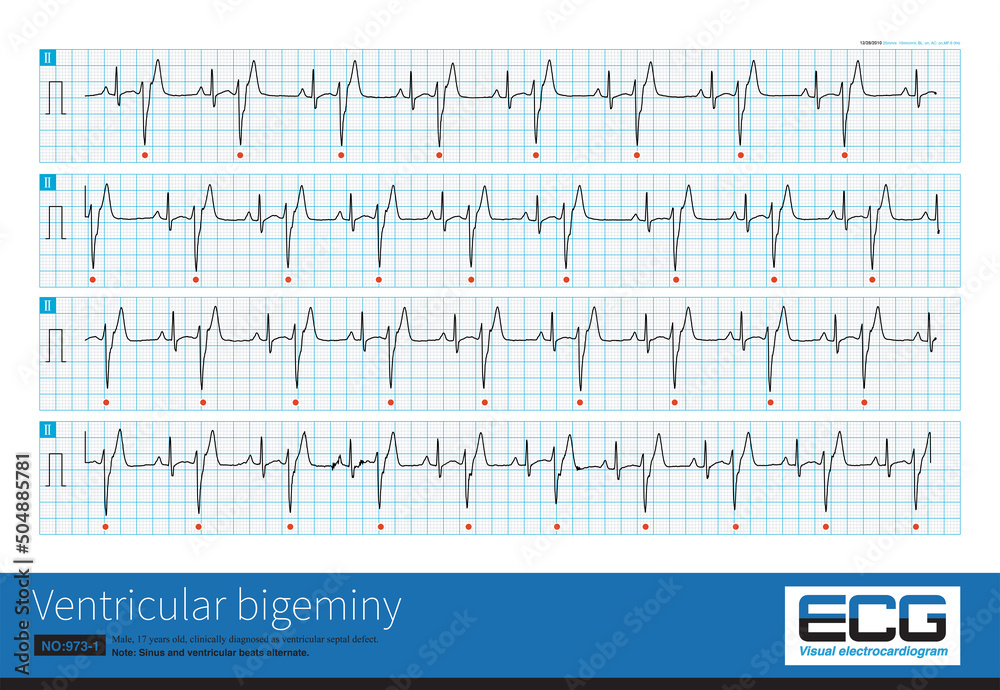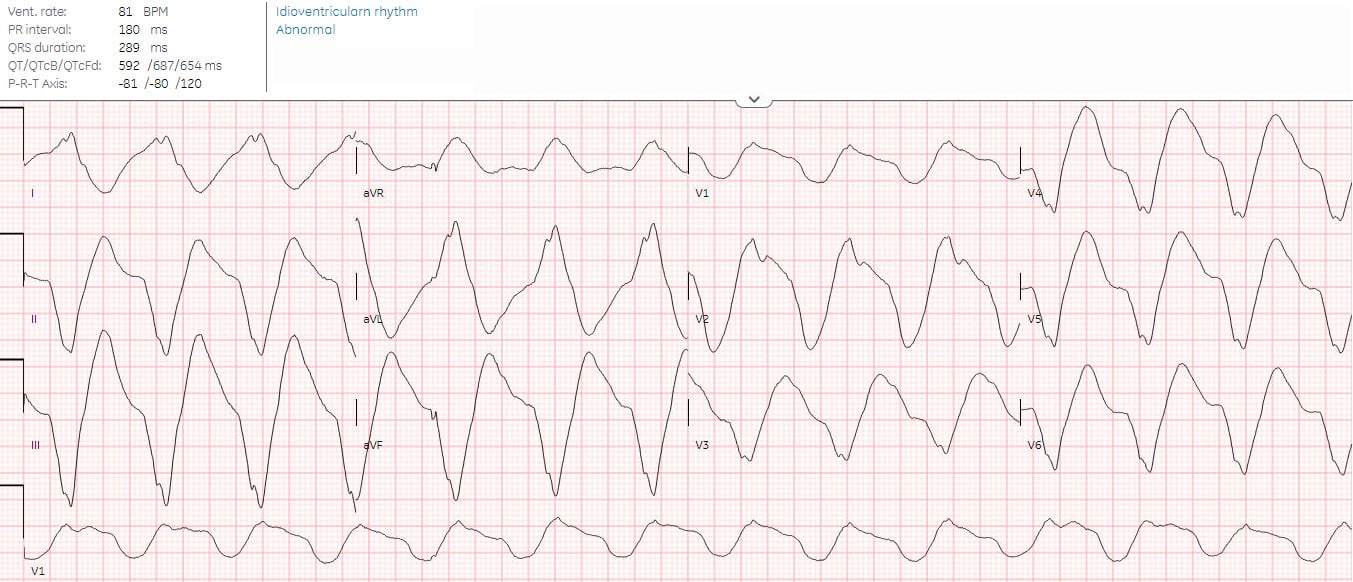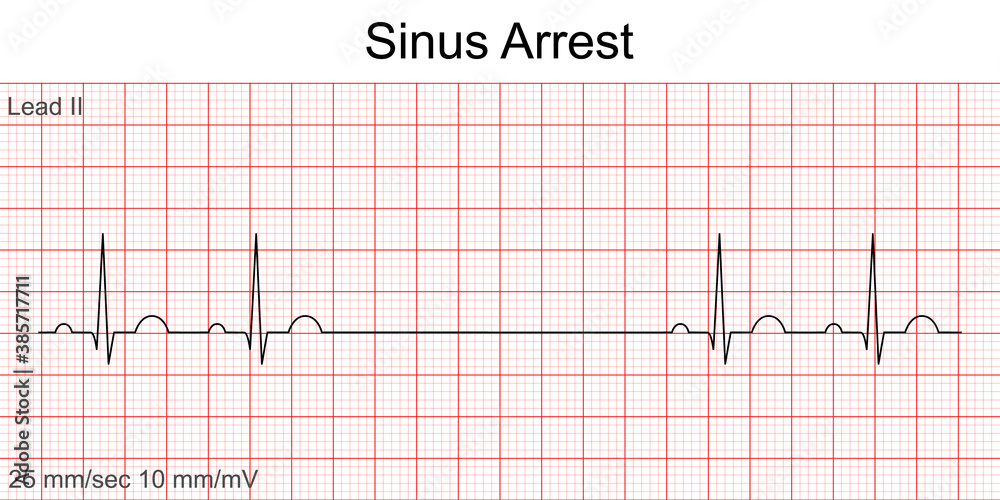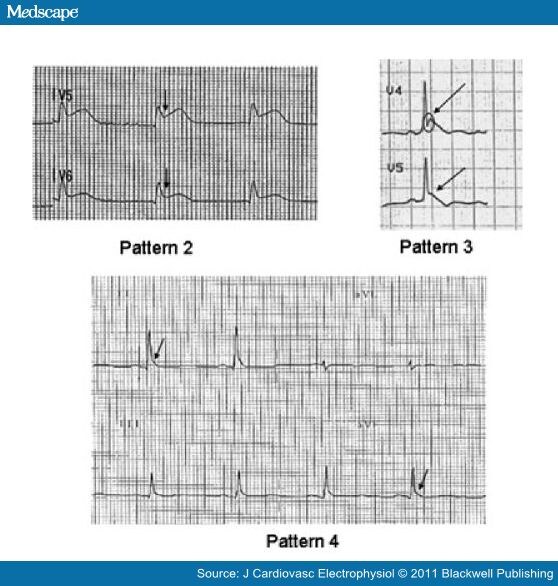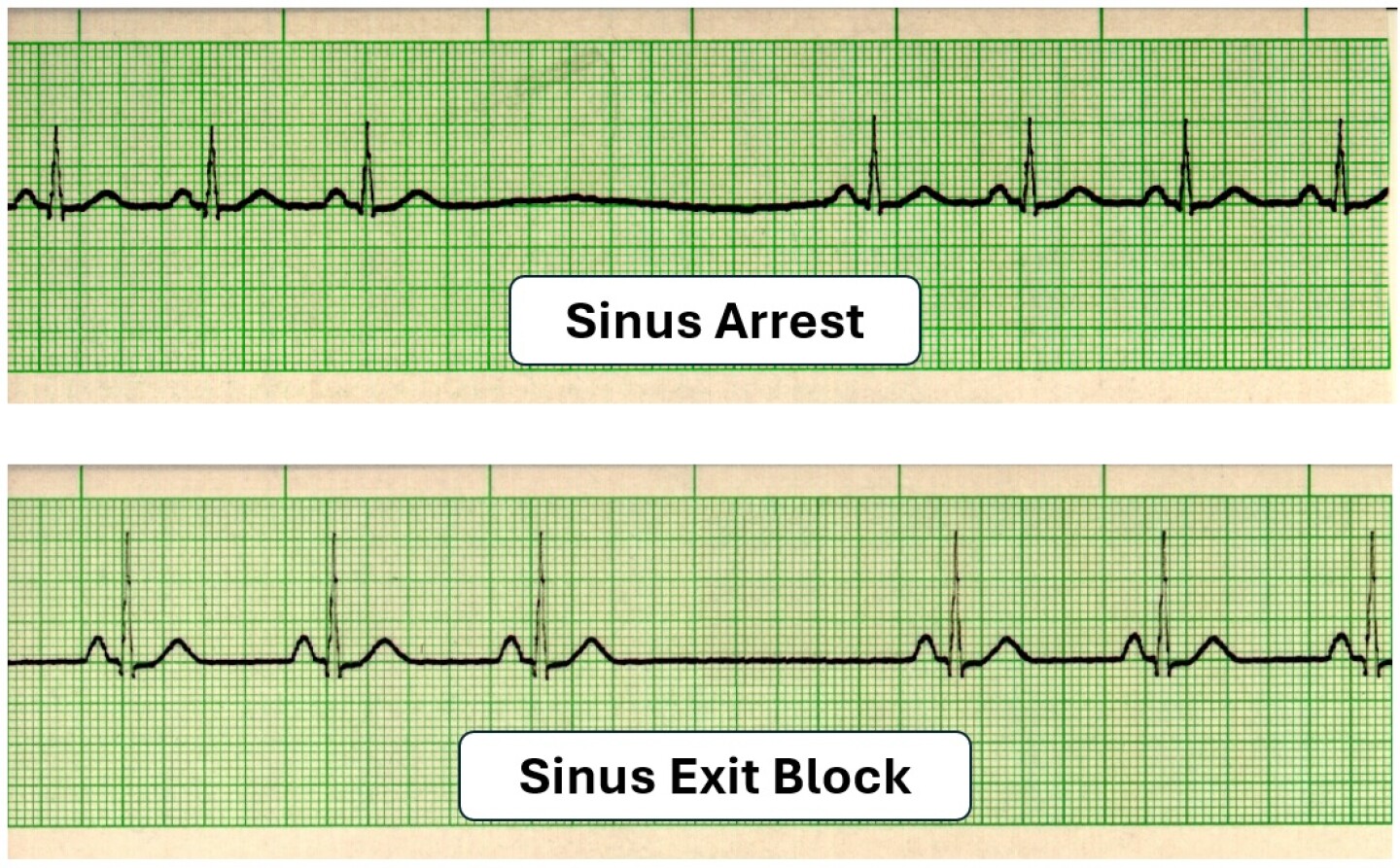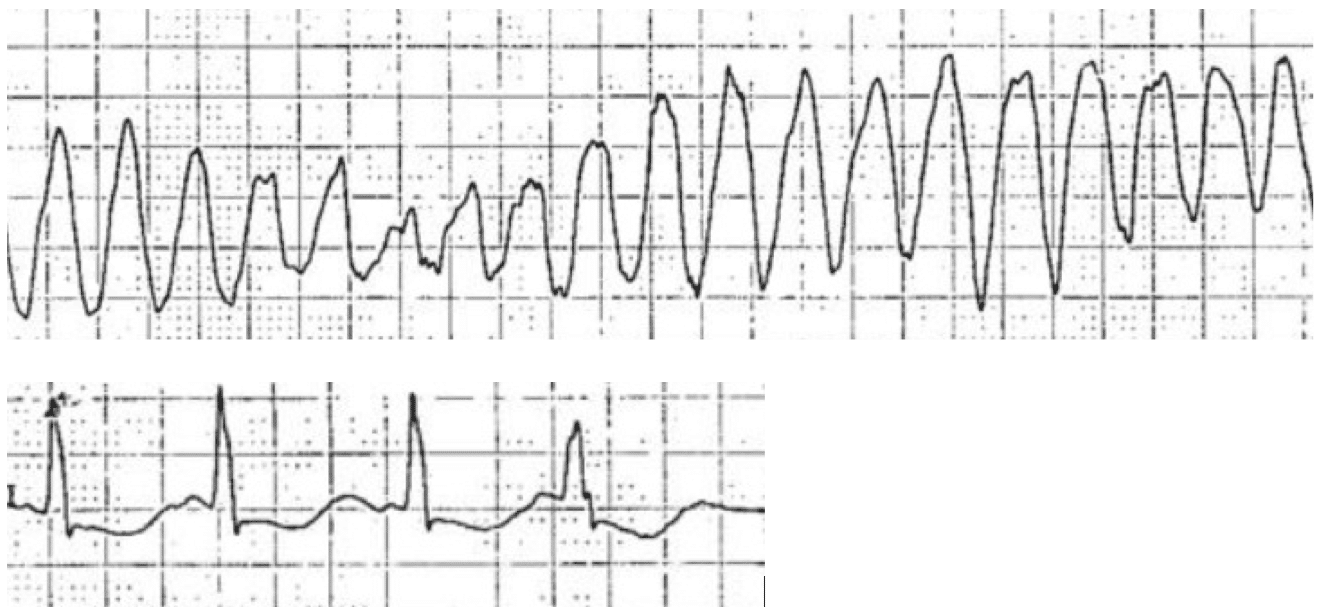Cardiac Arrest On Ecg - Pulseless electrical activity in cardiac arrest: Cardiac arrest is a serious malfunction or stop of the electrical and mechanical activity of the heart. The three phases following a sudden cardiac arrest were described by weisfeldt and becker (2002). There are four primary alterations in the. During cardiac arrest, recognition of ventricular fibrillation/pulseless ventricular tachycardia (vf/vt) as shockable rhythms is crucial to the.
Cardiac arrest is a serious malfunction or stop of the electrical and mechanical activity of the heart. During cardiac arrest, recognition of ventricular fibrillation/pulseless ventricular tachycardia (vf/vt) as shockable rhythms is crucial to the. Pulseless electrical activity in cardiac arrest: The three phases following a sudden cardiac arrest were described by weisfeldt and becker (2002). There are four primary alterations in the.
The three phases following a sudden cardiac arrest were described by weisfeldt and becker (2002). There are four primary alterations in the. During cardiac arrest, recognition of ventricular fibrillation/pulseless ventricular tachycardia (vf/vt) as shockable rhythms is crucial to the. Pulseless electrical activity in cardiac arrest: Cardiac arrest is a serious malfunction or stop of the electrical and mechanical activity of the heart.
arrhythmia, background, cardiac, cardiac arrest, cardiogram, cardiology
Cardiac arrest is a serious malfunction or stop of the electrical and mechanical activity of the heart. The three phases following a sudden cardiac arrest were described by weisfeldt and becker (2002). Pulseless electrical activity in cardiac arrest: During cardiac arrest, recognition of ventricular fibrillation/pulseless ventricular tachycardia (vf/vt) as shockable rhythms is crucial to the. There are four primary alterations.
ECG Interpretation in Cardiac Arrest ECG Cases Emergency Medicine Cases
The three phases following a sudden cardiac arrest were described by weisfeldt and becker (2002). Pulseless electrical activity in cardiac arrest: There are four primary alterations in the. Cardiac arrest is a serious malfunction or stop of the electrical and mechanical activity of the heart. During cardiac arrest, recognition of ventricular fibrillation/pulseless ventricular tachycardia (vf/vt) as shockable rhythms is crucial.
Vetor de Electrocardiogram show Sinus arrest pattern. Cardiac
Pulseless electrical activity in cardiac arrest: There are four primary alterations in the. The three phases following a sudden cardiac arrest were described by weisfeldt and becker (2002). During cardiac arrest, recognition of ventricular fibrillation/pulseless ventricular tachycardia (vf/vt) as shockable rhythms is crucial to the. Cardiac arrest is a serious malfunction or stop of the electrical and mechanical activity of.
Sudden Cardiac Arrest ECG Repolarization After Resuscitation
During cardiac arrest, recognition of ventricular fibrillation/pulseless ventricular tachycardia (vf/vt) as shockable rhythms is crucial to the. The three phases following a sudden cardiac arrest were described by weisfeldt and becker (2002). Pulseless electrical activity in cardiac arrest: Cardiac arrest is a serious malfunction or stop of the electrical and mechanical activity of the heart. There are four primary alterations.
EKG Detective Sinus arrest vs. sinus exit block
The three phases following a sudden cardiac arrest were described by weisfeldt and becker (2002). During cardiac arrest, recognition of ventricular fibrillation/pulseless ventricular tachycardia (vf/vt) as shockable rhythms is crucial to the. Pulseless electrical activity in cardiac arrest: There are four primary alterations in the. Cardiac arrest is a serious malfunction or stop of the electrical and mechanical activity of.
Case A8. Extensive Anterolateral Infarction leading to cardiac arrest
The three phases following a sudden cardiac arrest were described by weisfeldt and becker (2002). During cardiac arrest, recognition of ventricular fibrillation/pulseless ventricular tachycardia (vf/vt) as shockable rhythms is crucial to the. There are four primary alterations in the. Pulseless electrical activity in cardiac arrest: Cardiac arrest is a serious malfunction or stop of the electrical and mechanical activity of.
Case 302020 A 54YearOld Man with Sudden Cardiac Arrest NEJM
The three phases following a sudden cardiac arrest were described by weisfeldt and becker (2002). There are four primary alterations in the. Pulseless electrical activity in cardiac arrest: During cardiac arrest, recognition of ventricular fibrillation/pulseless ventricular tachycardia (vf/vt) as shockable rhythms is crucial to the. Cardiac arrest is a serious malfunction or stop of the electrical and mechanical activity of.
ECG Interpretation in Cardiac Arrest ECG Cases Emergency Medicine Cases
During cardiac arrest, recognition of ventricular fibrillation/pulseless ventricular tachycardia (vf/vt) as shockable rhythms is crucial to the. The three phases following a sudden cardiac arrest were described by weisfeldt and becker (2002). Cardiac arrest is a serious malfunction or stop of the electrical and mechanical activity of the heart. There are four primary alterations in the. Pulseless electrical activity in.
Part 12 Cardiac Arrest in Special Situations Circulation
There are four primary alterations in the. Pulseless electrical activity in cardiac arrest: Cardiac arrest is a serious malfunction or stop of the electrical and mechanical activity of the heart. The three phases following a sudden cardiac arrest were described by weisfeldt and becker (2002). During cardiac arrest, recognition of ventricular fibrillation/pulseless ventricular tachycardia (vf/vt) as shockable rhythms is crucial.
ECG Interpretation in Cardiac Arrest ECG Cases Emergency Medicine Cases
Cardiac arrest is a serious malfunction or stop of the electrical and mechanical activity of the heart. Pulseless electrical activity in cardiac arrest: During cardiac arrest, recognition of ventricular fibrillation/pulseless ventricular tachycardia (vf/vt) as shockable rhythms is crucial to the. The three phases following a sudden cardiac arrest were described by weisfeldt and becker (2002). There are four primary alterations.
Cardiac Arrest Is A Serious Malfunction Or Stop Of The Electrical And Mechanical Activity Of The Heart.
Pulseless electrical activity in cardiac arrest: During cardiac arrest, recognition of ventricular fibrillation/pulseless ventricular tachycardia (vf/vt) as shockable rhythms is crucial to the. There are four primary alterations in the. The three phases following a sudden cardiac arrest were described by weisfeldt and becker (2002).
